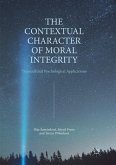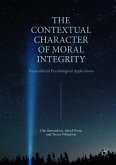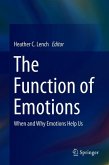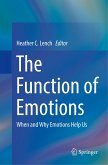This book examines the psychological dimensions of emotions and humour in Buddhism. While there is a wealth of material concerning human emotions related to humour and the mindful management of negative emotions, very little has been written on the theory of Buddhist humour. Uniting both Buddhist and Western philosophy, the author draws upon the theory of 'incongruity humour', espoused by figures such as Kierkegaard, Kant and Hegel and absorbed into the interpretation of humour by the Buddhist monk and former Western philosopher, Ñanavira Thero. The author makes extensive use of rich primary sources such as the parables used by Ajahn Brahm while interweaving Western theories and philosophies to illuminate this original study of humour and emotion. This pioneering work will be of interest and value to students and scholars of humour, Buddhist traditions and existentialism more widely.
"Readers will like the book because of the humourous stories that are both useful and entertaining. ... Easy-to-understand and succinctly defined Buddhist words enable lay Buddhists and others unfamiliar with Buddhist jargon to readily comprehend the book. Advanced readers and academics will also benefit from the wealth of knowledge ... . Overall, the book is worth reading for anybody interested in learning how humour can lead to mindfulness, and therefore to escape from the impurities of right living." (Chandima Gangodawila, Reading Religion, readingreligion.org, January 24, 2022)








